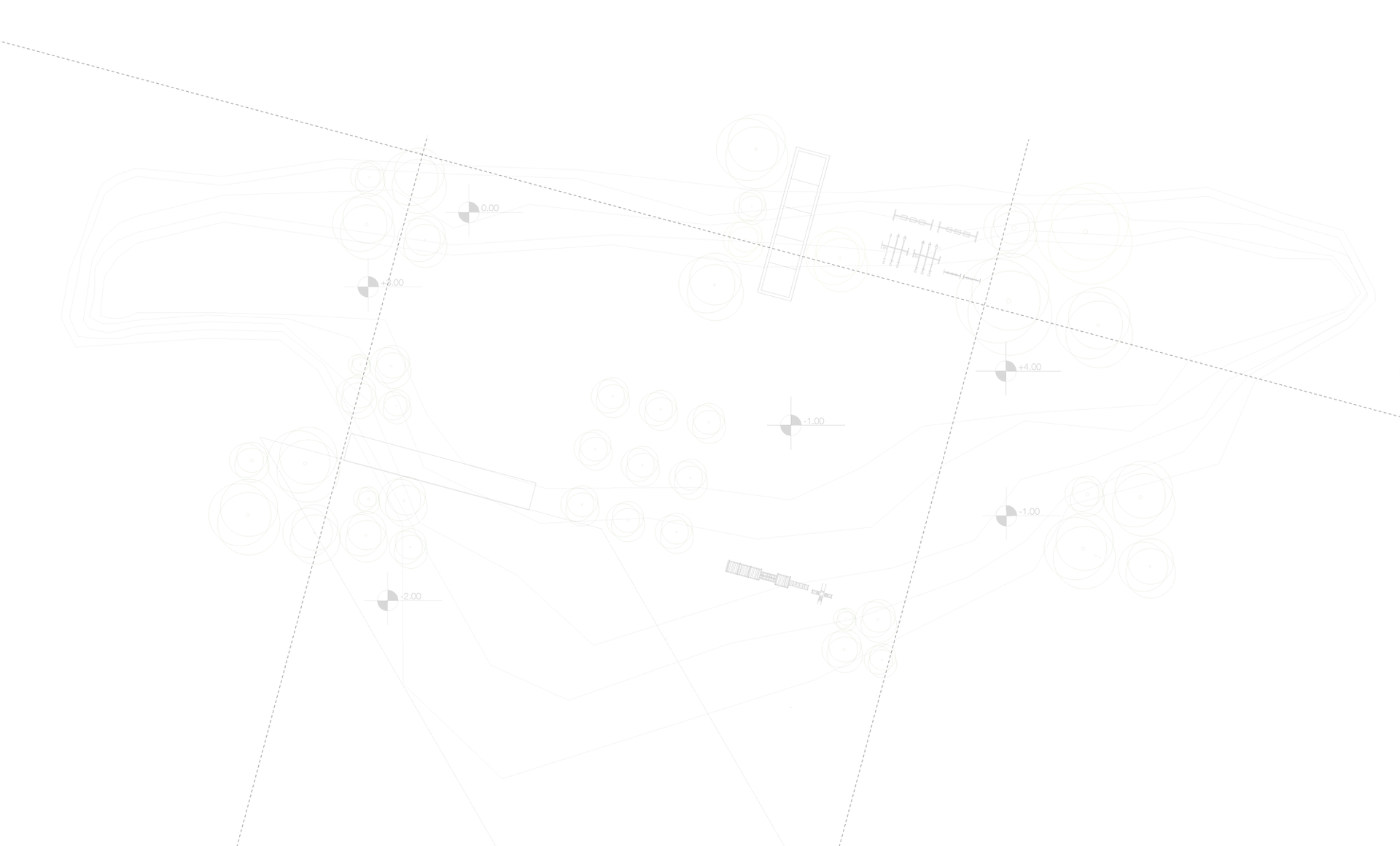Changes to what constitutes commencement of a development consent
- David

- May 29, 2020
- 3 min read
The NSW government has made many changes to planning legislation in recent months under the title "COVID-19 response and recovery". A summary of these changes can be found at the following link on the Department of Planning and Environment website.

This blog post does not cover all of these changes, which include matters relating to the extension of development consents, extended construction hours, extension of the existing use rights lapsing period and an extension of time that applicants can appeal to the Land and Environment Court.
A very important change which appears to have largely snuck under the radar is a change to the Environmental Planning and Assessment Regulation 2000 about what constitutes that a development has been "physically commenced". The statement on the Department of Planning and Environment website statement explaining these changes is as follows:
"In response to the impact of COVID-19 on the construction industry, it has become necessary to allow the construction industry more time to physically commence works to ensure that their respective development consents do not automatically lapse. New provisions will clarify that certain minor works do not satisfy the requirement for physical commencement. This will assist proponents to ensure that the commencement of works demonstrates a sufficient intent to complete the development".
It is true that some greater certainty will now exist, however in practice this amendment is likely to substantially raise the bar for what is required to commence a development consent.
As I mentioned in a previous blog post and in my book, the requirements for what constitutes "physical commencement" of a development consent are relatively lax. There has not been a specific definition in either the Act or Regulations over what constitutes "physical commencement".
There have been some disputes between developers and Councils/others over what constitutes "physical commencement". Examples of some elements of physical works that were found by Courts to meet the requirements of physical commencement include:
- Survey works as “engineering works” (Richard v Shoalhaven City Council (2002) (note however that this is typically sufficient for subdivisions, but may not necessarily be sufficient for larger developments);
- Preparatory work, including surveys (Tovedale Pty Ltd v Shoalhaven City Council [2005]) (again, more may be needed for larger developments)
- Erosion and sediment control works (Williams v Coffs Harbour City Council [2007])
- Acoustic testing, being a form of engineering works, despite it involving no physical manifestation on the land (Norlex Holdings Pty Ltd v Wingecarribee Shire Council [2010])
- Taking away and testing soil from a site, and the preparation of a remediation and validation report, is engineering work (Zaymill Pty Limited and Maksim Holdings Pty Limited v Ryde City Council [2009])
- Demolition, (Smith v Wyong Shire Council [2008])
As can be seen above, it has been relatively easy to achieve "physical commencement" and thus prevent a development consent from expiring.
A new clause has now been inserted into the Environmental Planning and Assessment Regulation 2000 to provide specifically that many of the above activities no longer constitute physical commencement. The clause provides as follows:
(1) For the purposes of section 4.53(7) of the Act, work is not taken to have been physically commenced merely by the doing of any one or more of the following—
(a) creating a bore hole for soil testing, (b) removing water or soil for testing, (c) carrying out survey work, including the placing of pegs or other survey equipment, (d) acoustic testing, (e) removing vegetation as an ancillary activity, (f) marking the ground to indicate how land is to be developed.
(2) This clause does not apply to a development consent granted before the commencement of this clause.
The commencement date of these changes was 15 May 2020, so the change will apply to consents granted on or after that day.
In summary, these changes will make it more difficult to achieve physical commencement of a development consent and thus prevent it's time period from expiring. They do provide some greater clarity of activities that do not meet the requirements for physical commencement, although there is still no specific definition of physical commencement in the Act or Regulations.
For further information about planning and local government in NSW, check out my book.




Comments